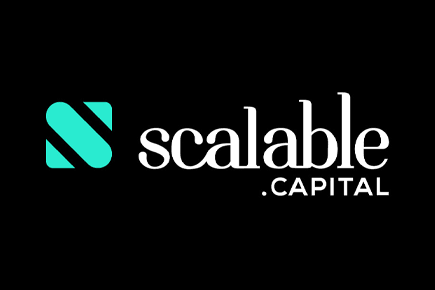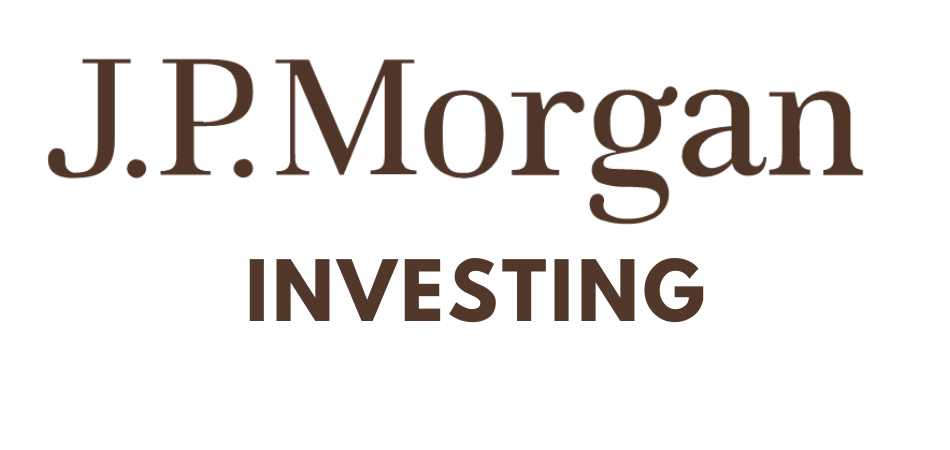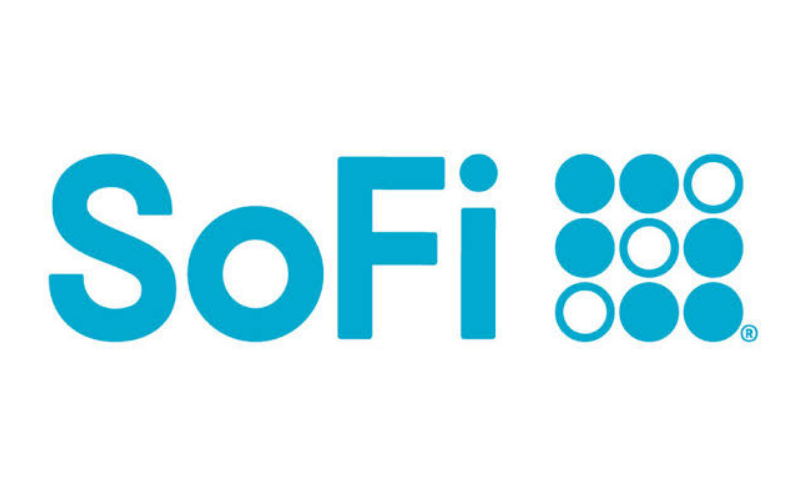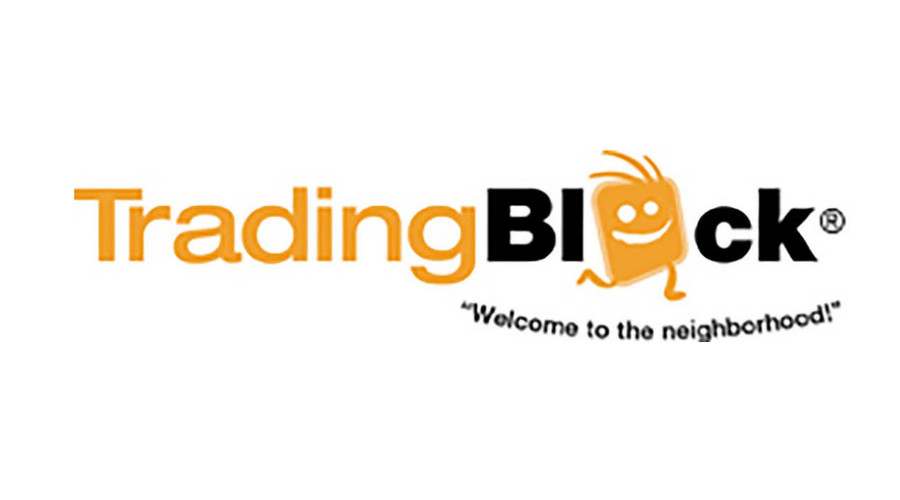Fidelity and Charles Schwab are both popular investment online brokers that offer various features. When looking for a place to invest your money, you must compare between different investment companies to pull out the best and get the maximum benefits. In this scenario, Fidelity and Charles Schwab can be the best possible option for you. So, you are about to see the Fidelity vs. Charles Schwab comparison. Therefore, you can select your investment company based on your expertise. In this article on AtoZ Markets, we have tried our best to to be neutral while making the comparison.
About Fidelity
Fidelity Investments is a multinational financial services corporation headquartered in Boston, Massachusetts. The company provides investment management, retirement planning, portfolio guidance, brokerage, and other financial products and services to more than 20 million individual and institutional customers in more than 170 countries.
Fidelity Investments was founded in 1946 by Edward C. Johnson II. The company's first product was a bond fund, and it has since grown to become one of the largest mutual fund companies in the world.
About Charles Schwab

Image source: Charles Schwab
Charles Schwab Corporation is a publicly-traded investment company founded in 1971, with its headquarters in San Francisco, California. The company provides a full range of financial services, including investment advice, brokerage, banking, and retirement products and services to individual investors and institutional clients. Schwab operates in the United States and Canada.
The company offers various investment products and services. It also provides banking products and services, including checking, savings, money market accounts; certificates of deposit; and individual retirement accounts.
Read: Charles Schwab Full Review
Fidelity vs. Charles Schwab: Trading Experience
In terms of trading, user experience plays a vital role. So, first of all, let's check out the trading experience between Fidelity vs. Charles Schwab.
Desktop Trading Platform

image source: Charles Schwab
It was the first and most significant way to do online trading. So, before investing in any trading company, you should check out their desktop interface. Indeed you are expecting to have a user-friendly and easy-to-navigate website for desktop.
Ease of use
Fidelity's Active Trader Pro is a straightforward platform to use. The layout is simple and easy to navigate, and all the functions are clearly labeled.
Charles Schwab's StreetSmart Edge is also easy to use, with a simple layout and easy-to-navigate menus. However, it is not quite as user-friendly as Active Trader Pro.
Features
Both platforms offer a wide range of features, including:
- Real-time streaming quotes
- Charting tools
- Trading indicators
- Order management
Fidelity's Active Trader Pro has a slight edge over StreetSmart Edge in terms of features. It offers more indicators, charting tools, and order management options.
Mobile Trading Apps

Schwab's app is basic and dated, while Fidelity is modern, user-friendly, and packed with features.
Fidelity's app has a clean, easy-to-use interface. The app's home screen displays your account balance, the market's current trend, and your portfolio's performance. Also, the app is used for trading stocks, ETFs, and options and to access market news and analysis.
Schwab's app is very basic. It doesn't have a home screen, and it isn't easy to find the information you need. In addition, the app's menu bar is hidden under three icons at the top of the screen, and the menu options are not clearly labeled. The app also doesn't include many features, such as trading stocks, ETFs, and options or accessing market news and analysis.
Fidelity's app is superior to Schwab's app regarding mobile trading. Fidelity's app is modern, user-friendly, and packed with features, while Schwab's app is basic and dated.
Fidelity vs. Charles Schwab: Usability
In terms of usability, Charles Schwab edges out Fidelity. Both brokers offer a user-friendly experience, but Charles Schwab's website is slightly intuitive.
Fidelity's website can be a little overwhelming for first-time investors. The homepage is packed with information and often creates confusion. Charles Schwab's website is much cleaner and easier to navigate.
Fidelity also offers a wide variety of investment options, confusing for first-time investors. On the other hand, Charles Schwab's website is simpler and easier to understand.
Overall, Charles Schwab is the more user-friendly of the two brokers. First-time investors will appreciate the simplicity of the website and the wide variety of investment options.
Fidelity vs. Charles Schwab: Fees
Trading fees
Fidelity and Charles Schwab are very comparable when it comes to trading fees. Both charge $4.95 per trade, with the exception of options trades. Fidelity charges $0.65 per options contract, while Charles Schwab charges $0.50.
Also, there are other minor differences. For example, Fidelity offers a wider range of commission-free ETFs, while Charles Schwab offers wider commission-free mutual funds.
Overall, Fidelity and Charles Schwab offer similar trading fees, so it comes down to personal preferences when deciding which brokerage is right for you.
Trading Commissions
Fidelity offers a range of commission schedules, depending on the type of account you have and the size of your order. For example, a commission for a stock trade placed through a standard brokerage account is $4.95, but the commission will be higher if you have a margin account or are making a trade over the phone.
In contrast, Charles Schwab has a flat commission rate of $4.95 for all stock trades, regardless of the account type or order size. There are no additional fees, such as maintenance or inactivity fees, and no minimum account balance is required.
Therefore, when comparing trading commissions, Charles Schwab is the clear winner. Their commission rate is $4.95, while Fidelity's starts at $4.95 and can be higher depending on the order size and type of account. So, if you are looking for a low-cost option for trading stocks, Charles Schwab is the best choice.
Inactivity Fees
One of the biggest differences is that Fidelity charges an inactivity fee for accounts that don't make any trades in a year. On the other hand, Charles Schwab does not charge an inactivity fee.
So, which is the better option? It really depends on your individual needs and circumstances. For example, if you're someone who is not likely to make any trades in a year, then Fidelity may be a better option since you won't have to worry about paying an inactivity fee.
However, if you're likely to make trades, Charles Schwab is likely a better option since you won't have to worry about being charged an inactivity fee.
Non-Trading/Other Fees
| Fees | Fidelity | Charles Schwab |
| Brokerage account fees | $0 | $0 |
| Mutual fund expense ratios | 0.12% | 0.07% |
| Annual account service fees | $0 | $0 |
| IRA account fees | $0 | $0 |
The bottom line is that both Fidelity and Charles Schwab charge no fees for trading, account services, or IRA accounts. However, Fidelity has a higher mutual fund expense ratio.
Fidelity vs. Charles Schwab: Investment Options
Fidelity is known for its extensive selection of mutual funds, while Charles Schwab is known for its commission-free ETFs. Also, Fidelity offers more investment options for retirement accounts, such as annuities and target-date funds.
When it comes to investment options, Schwab is the clear winner. They offer more than 16,000 mutual funds, compared to Fidelity's 2,500. Schwab also has a much wider range of commission-free ETFs and no-transaction-fee mutual funds.
Fidelity vs. Charles Schwab: Account Types
If you compare between the account types, Fidelity clearly overthrew Schwab with its various account types.
Fidelity Account Types
- Brokerage Account
- Cash Management Account
- Brokerage and Cash Management
- The Fidelity Account® for Businesses
- Rollover IRA
- Traditional IRA
- Roth IRA
- Inherited IRA
- Inherited Roth IRA
- SEP IRA
- Self-Employed 401(k)
- SIMPLE IRA
- Investment-Only Plans for Small Business
- 401(k) Plan for Small Businesses
- Fidelity Go®7
- Fidelity® Personalized Planning & Advice8
- Portfolio Advisory Services Accounts9
- Fidelity® Tax-Managed U.S. Equity Index Strategy
- Fidelity® Equity-Income Strategy
- Fidelity® International Equity Strategy
- Fidelity® Tax-Managed International Equity Index Strategy
- Fidelity® U.S. Large Cap Equity Strategy
- Saving and investing account for a child
- Roth IRA for Kids
Charles Schwab Account Types
- Brokerage and Trading
- Retirement and IRAs
- Educations and Custodial
- Personal Choice Retirement
- Small business
- Trust & Estate
- Insurance
- Annuities
- Checking & Savings
- Robo & Dedicated Advice
So, both companies offer various account types, but Fidelity offers slightly better. Yet, Schwab account types may give you better comfort while making investments.
Fidelity vs. Charles Schwab: Security

Fidelity has a much longer history than Charles Schwab. Fidelity was founded in 1946, while Charles Schwab was founded in 1971. Fidelity is also much larger than Charles Schwab. Fidelity has over $2 trillion in assets under management, while Charles Schwab has only $170 billion.
Fidelity is also much more reliable than Charles Schwab. Fidelity has never had a major security breach, while Charles Schwab has had several. For example, in 2001, Charles Schwab had a security breach that exposed the personal information of over 260,000 customers. In 2009, Charles Schwab had a security breach that exposed the personal information of over 190,000 customers.
Fidelity is also much more secure than Charles Schwab. Fidelity has state-of-the-art security measures, while Charles Schwab does not. For example, Fidelity has multi-factor authentication, which requires customers to provide multiple pieces of information before they can log in. Fidelity also has a secure login process that requires customers to enter a unique code that is sent to their phone. Charles Schwab does not have any of these security measures.
Overall, Fidelity is the clear winner when it comes to security. Fidelity has a much longer history, is much larger, more reliable, and has much better security measures than Charles Schwab.
Fidelity vs. Charles Schwab: Regulations

Both companies are registered investment advisors (RIAs). As a result, they are both registered with the SEC and FINRA. And, RIAs are held to a higher standard than broker-dealers. Also, They are required to act in the best interest of their clients, and they cannot recommend investments that are not suitable for their clients.
In addition, Fidelity is regulated by the Financial Conduct Authority (FCA), and PRA(Prudential Regulation Authority). But, Charles Schwab is not regulated by FCA and PRA regulation.
Fidelity vs. Charles Schwab: Customer support

Customer support is the key feature for an investment firm to ensure customers get the right path while needing expert guidance.
Cost
Fidelity's customer service is free for all customers. However, Charles Schwab charges $25 for every phone call, chat, or email support. This can add up quickly for customers with multiple accounts or inquiries.
For example, if a customer has two accounts and needs help with each account, they would be charged $50 for customer service. If they need help with three accounts, they will be charged $75. And so on.
Availability
All Schwab customers have access to telephone support 24/7. Fidelity customers have access to telephone support, Monday-Friday, 8 am-10 pm ET, and Saturday, 9 am-5 pm ET. If you need support on a Sunday, you're out of luck.
Speed
At Fidelity, they believe in a fast response. And ensure a response within 24 hours of the query.
Charles Schwab does not have the same response time goal. However, they do offer a number of ways to get help, including 24/7 phone support, chat support, and an extensive online knowledge base.
Quality
Fidelity's phone support is generally better than Charles Schwab's in terms of quality. Fidelity's representatives are more knowledgeable and are more likely to solve your problem on the first try. Charles Schwab's representatives are more likely to transfer you to another department or to ask you to call back later.
Overall, Fidelity and Charles Schwab are both excellent choices for customer support. Fidelity's phone support is a little better than Charles Schwab's, but both companies offer excellent online chat and email support.
Fidelity vs. Charles Schwab: Research and Tools

When it comes to researching potential investments, Fidelity and Charles Schwab offer investors a wealth of resources. Both firms offer a variety of research tools, from analyst reports to screening tools, to help you make informed investment decisions.
Fidelity offers a robust research center on its website, which includes analyst reports, news, and screeners. The firm also offers its own suite of investment tools, which includes an investor's guide to ETFs, a portfolio analyzer, and a retirement planner.
Charles Schwab offers various research tools on its website, including analyst reports, news, and screeners. The firm also offers its suite of investment tools, including a portfolio builder, a retirement planner, and a goal planner.
Why Should You Choose Fidelity?

Choosing a financial services company is a big decision. First, you need to find a company that you can trust to help you grow your money and plan for your future. Also, they offer future trading and international trading.
Here are five reasons why you should choose Fidelity:
- Plenty of products and services to meet your needs
- They have a long history of helping people save and invest for the future.
- Strong financial position.
- Great customer service team.
- Various investment options.
So if you are looking for a company that offers a wide range of products and services, then Fidelity should be your choice.
Why Should You Choose Charles Schwab?

When it comes to choosing a financial advisor, there are many factors to consider. But Charles Schwab is committed to providing the best possible service and works hard to ensure that customers always have access to the latest information and tools.
Here are five reasons why you should choose Charles Schwab:
- User-friendly trading app and website
- Low-cost
- Excellent customer support
- Various products and services
- Expert financial advisors
When you are an intermediate-level trader and looking for an investment option, Schwab could be the best possible option for you.
Conclusion
So, that was the comparison of Fidelity vs. Charles Schwab. Which one should you choose? That depends on your preference. If you care more about security, Fidelity is the best option. Because they have been in this market for more than six decades, also, it offers various products, services, and account types.
On the other hand, if you focus on products, features, and low-cost, Charles Schwab is the company you should choose. Not to mention, they are also popular but slightly less popular than Fidelity. Yet, it provides strong security for your money.
FAQs

What's the difference between Fidelity and Charles Schwab?
Fidelity is a full-service firm that offers a wide range of products and services, including individual and institutional investing, retirement planning, and more. Charles Schwab is also a full-service firm, but it focuses more on providing low-cost investment options and services.
If you're looking for a wide range of investment options, then Fidelity may be the better choice. If, however, you're looking for low-cost investment options, then Charles Schwab may be a better fit.
Is Fidelity bigger than Charles Schwab?
Fidelity is bigger than Charles Schwab in terms of total assets under management, but Charles Schwab has more individual clients.
Fidelity is a publicly-traded company, and Charles Schwab is a privately held company, so it is difficult to compare the two companies directly. However, Fidelity had total assets under management of $2.3 trillion as of the end of 2017, while Charles Schwab had total assets under management of $2.6 trillion.
Fidelity also has more individual clients than Charles Schwab. As of the end of 2017, Fidelity had 26.5 million individual clients, while Charles Schwab had 10.6 million individual clients.
However, Charles Schwab has more total clients than Fidelity. This is because Charles Schwab also offers services to institutional investors, such as mutual funds and pension plans. As of the end of 2017, Charles Schwab had total clients of 27.7 million.
Who is better than Charles Schwab?
Indeed Fidelity is better than Schwab. Also, Vanguard and TDA are better choices than Charles Schwab.
Who is Schwab's biggest competitor?
The biggest competitor of Schwab is Merrill Lynch. Merrill Lynch is a full-service investment bank that offers its clients a wide array of products and services, including securities, mutual funds, and other investment products. Merrill Lynch also has a large retail presence, with over 1,600 retail branches. On the other hand, Schwab is a discount broker, which means that it offers a limited number of investment products and services and has a much smaller retail presence.
Should you trade stocks, Forex, or Cryptocurrencies on your own at all?
Before you start trading, you'll want to read this.
Our in-house trading expert Dr Yury Safronau, PhD in Economic Sciences, gives you daily his best forex, metals, and cryptocurrencies to buy and sell signals right now.
His trading strategies which are based on non-linear dynamic models have achieved more than 65 000 pips of profits since 2015. And right now there are some very strong buy and sell signals across several markets you don't want to miss.
Want to see which ones?




















